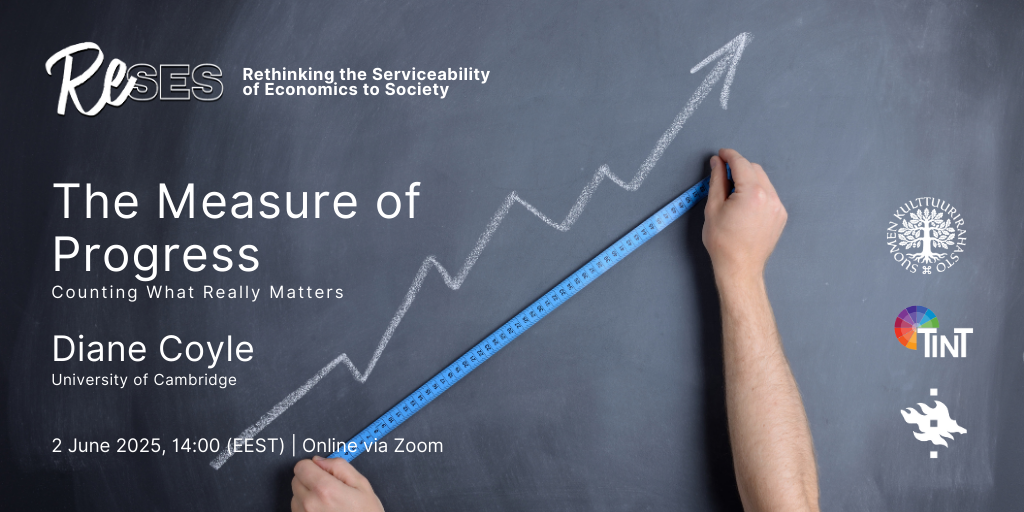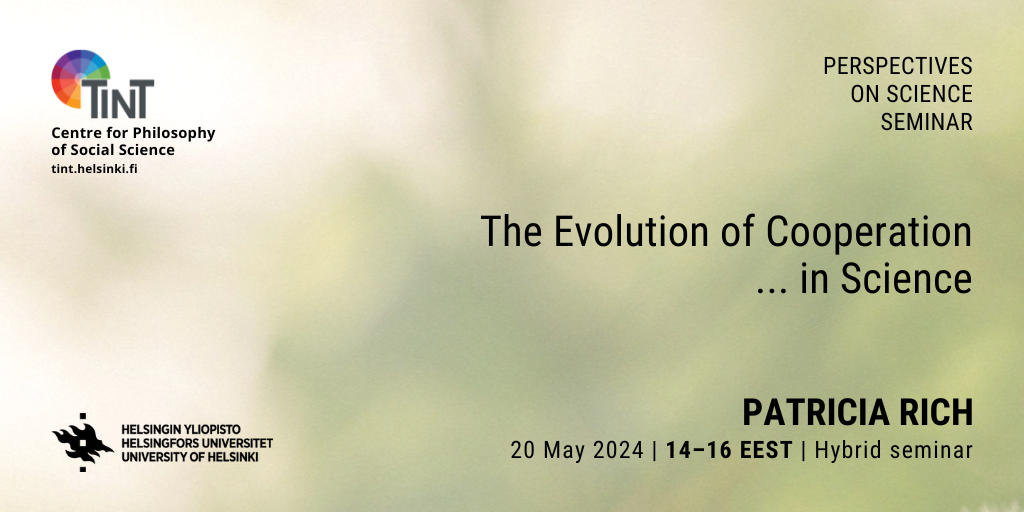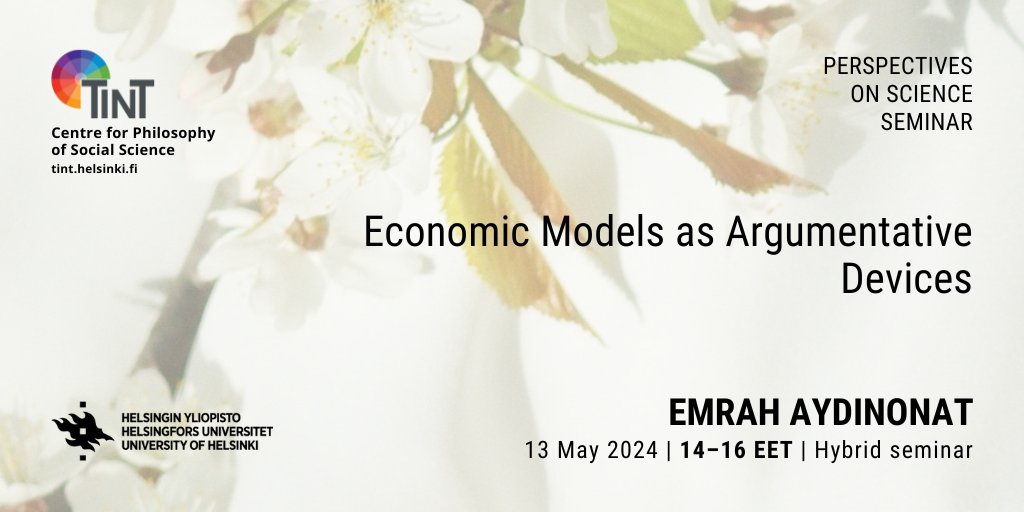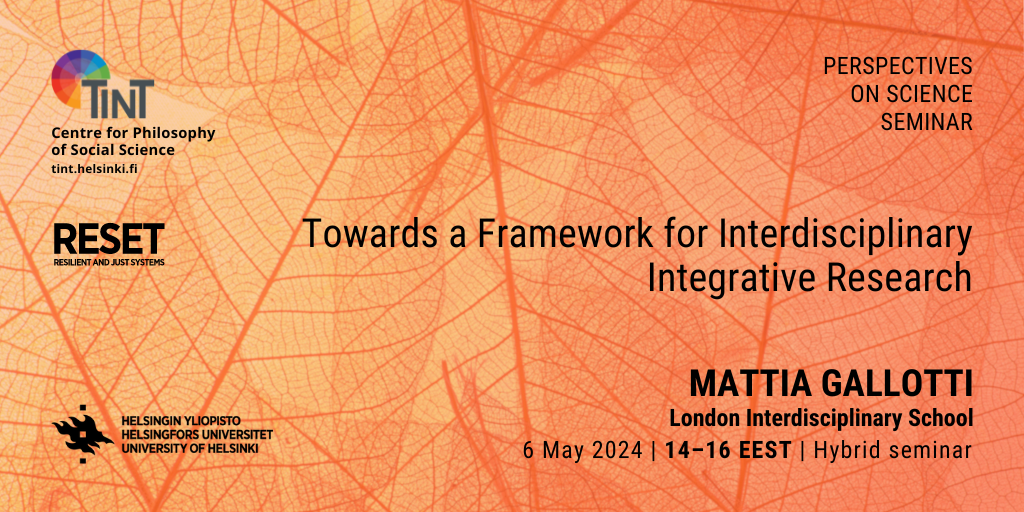The next Perspectives on Science Seminar is organized together with the Helsinki Philosophy Colloquium, where Jan-Willem Romeijn (University of Groningen) will give a talk titled “Overfitting in statistics and machine learning”.
The seminar takes place in Metsätalo (room 10), and online via Zoom from 14:15 to 15:45 on Thursdaythe 27th of November 2025. Please note, that this talk is exceptionally on Thursday!
Perspectives on Science is a research seminar which brings together experts from the philosophy of science and several fields of science studies. It is organized by TINT – Centre for Philosophy of Social Science at the University of Helsinki. More information about the seminar can be found on the TINT webpage https://tint.helsinki.fi.
What: “Overfitting in statistics and machine learning” by Jan-Willem Romeijn
When: Thursday 27.10.2025 from 2 to 4 pm (EEST, Helsinki time).
Where: Metsätalo (room 10), and Zoom.
Zoom link: Contact mirja-leena.zgurskaya@helsinki.fi for the Zoom link.
Abstract:
“Overfitting in statistics and machine learning”
Machine learning (ML) methods seem to defy statistical lore on the risks of overfitting. They often have many more adjustable parameters than are needed for fitting the data perfectly but, after showing predictive loss in the realm of normal overfitting, highly overparameterized ML models show surprisingly good predictive performance. In my talk I will review several attempts by statisticians and computer scientists to explain this so-called “double descent phenomenon” and distill three philosophical lessons from them that each derive from seeking continuity between statistics and ML. One is that our conception of model capacity needs an update, as it harbors a variety of ideas about complexity. A further lesson is that we have to flip the script on the problem of underdetermination: the use of unidentified statistical models offers predictive advantages, and this invites a fresh look at our empiricist ideals. A final lesson relies on De Finetti’s representation theorem and on basic insights into the problem of induction: understanding the success of machine learning requires that we delve into processes of model and data construction.
This talk is based on joint work with Daniel Herrmann (UNC Chapel Hill) and Tom Sterkenburg (LMU Munich).
Bio:
Jan-Willem Romeijn is professor of philosophy of science in the Faculty of Philosophy of the University of Groningen. His research focuses on statistical methods, social epistemology, and the philosophy of psychiatry. Together with two PhD students and two postdocs, Romeijn currently investigates the philosophical foundations of machine learning methods, and the uses of these methods in psychiatry and the psychiatric clinic.
If you have any questions about the seminar, do not hesitate to contact mirja-leena.zgurskaya@helsinki.fi.
All are warmly welcome!




